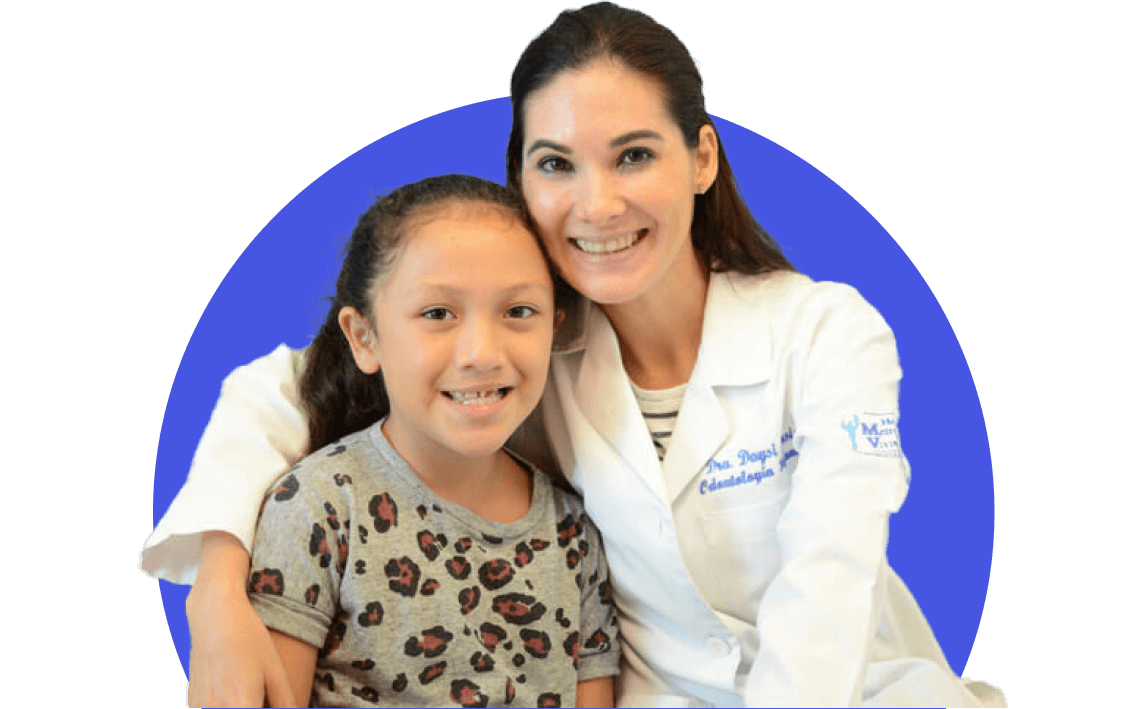One of the first and most important decisions you will make is the selection of the team of professionals who will help you manage your child’s cleft care. Most cleft palate teams and craniofacial teams (both commonly referred to as cleft teams) include professionals from the following fields:
- Dentistry (oral-maxillofacial surgery, orthodontics, pediatric dentistry, prosthodontics)
- Medicine (genetics, nursing, otolaryngology (ENT–ear, nose and throat), pediatrics, plastic surgery, neurosurgery, pulmonology)
- Allied Health Care Professionals (psychiatry, psychology, social work, nursing,
audiology, speech-language pathology)
You can search for an ACPA Approved Cleft Team in your area or ask your local physician or other healthcare provider. Click here to learn more about selecting a team.
Babies born with a cleft palate (with or without cleft lip) are in most cases not able to create enough suction to pull milk from the breast or from a regular baby bottle. These babies will likely need to use a special, modified bottle that delivers formula or pumped breast milk into the mouth without requiring suction. ACPA recommends the following brands for bottle feeding:
- The Enfamil Cleft Palate Nurser by Mead Johnson
- The Haberman Special Needs Bottle by Medela
- The Pigeon Bottle by Respironics
Explore more resources for Feeding Your Baby.
Most children born with cleft lip and/or cleft palate undergo surgery within the first year of life. The goals of lip repair surgery are to close a cleft lip with minimal scarring, to create a natural appearance, and to ensure typical growth of the face. The goal of palate repair surgery is to close the cleft in the palate so that the palate will function normally during eating, drinking, and talking.
The timing of these procedures will vary from child to child, depending on the diagnosis and other factors. Both procedures take place in a hospital or surgical center.
Typically, a child will spend at least one night in the hospital for each procedure, with his or her parent staying as well. Sometimes, a child can go home on the same day as his or her cleft lip surgery. The best way to find out about your child’s particular needs is to speak with his or her surgeon and team.
Children born with a cleft palate are more likely to have ear infections than those not born with cleft palate. These problems occur because the muscles of the palate may not work the way they are supposed to. Under normal circumstances, the palatal muscles open the Eustachian tubes, the small tubes connecting the throat to the middle ear. When the Eustachian tubes do not open properly, air cannot enter the middle ear and fluid may build up, sometimes causing infections. This condition is called otitis media. Because this problem occurs often for children born with a cleft palate, the ACPA recommends that these children see their primary care doctor or the otolaryngologist (ENT) on the team for an ear exam within the first few weeks of life.
In addition to having frequent check-ups with a pediatrician or ENT for fluid in the ears, a child should have regular hearing tests because the build-up of fluid in the middle ear can cause hearing loss.
The first teeth to appear in the mouth are usually the two lower central incisors
(the two front teeth in the center of the lower jaw), typically coming in around six to nine months of age. The upper central incisors follow shortly afterwards, between eight and ten months of age. As soon as a baby’s first teeth erupt, they need to be cleaned.
Download Your Baby’s First Year for additional information, including:
- Support Groups
- Mental Health
- Paying for Treatment



